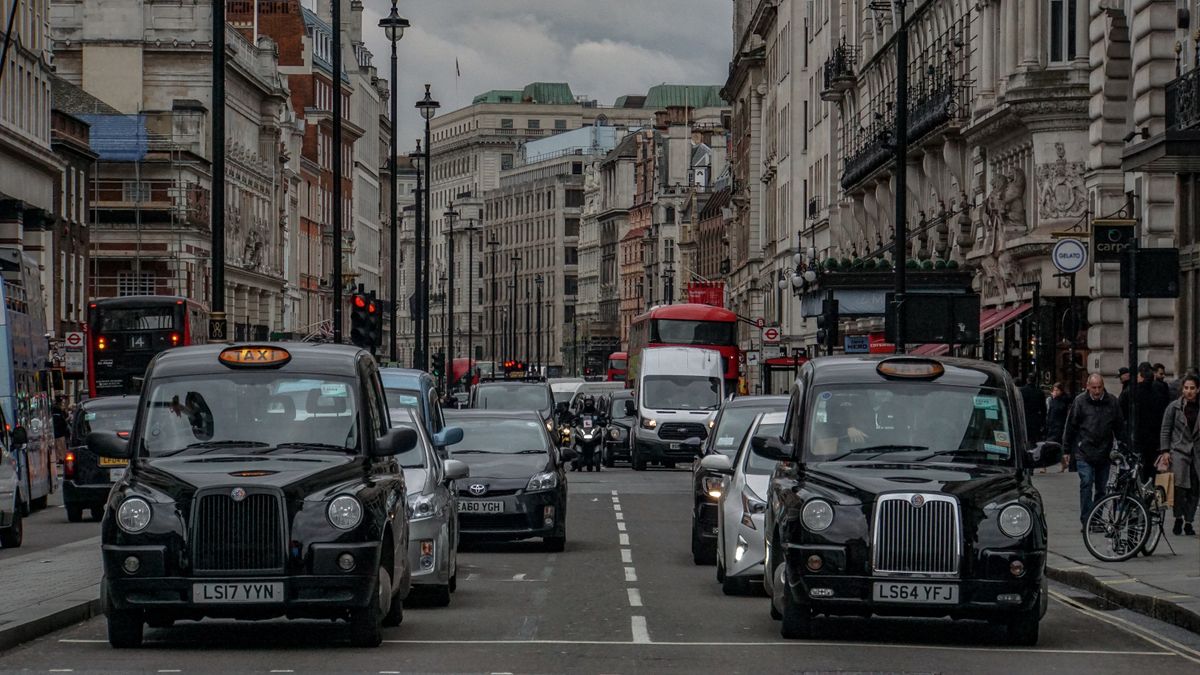The UK Announces Changes to Climate Policies, Including Delay in Petrol and Diesel Car Ban
UK PM announces changes to climate policy, delaying the ban on petrol and diesel cars until 2035, emphasizing consumer choice, and a pragmatic approach to meet net-zero targets.

London, UK - 20th September 2023: In a highly anticipated address on climate policies and net-zero targets, UK Prime Minister Rishi Sunak revealed significant changes to the nation's environmental strategy. These announcements include a postponement of the ban on new petrol and diesel cars until 2035, accompanied by a call for a more realistic approach to achieving net-zero emissions.
The most noteworthy policy shift unveiled by Prime Minister Sunak is the extension of the ban on new petrol and diesel cars. Previously set for 2030, this ban has now been pushed back to 2035. This adjustment brings the UK's timeline in line with several European Union nations, such as Germany, France, Spain, and Italy, as well as certain US states, including California, New York, and Massachusetts. Moreover, it was clarified that even after 2035, second-hand sales of these vehicles will continue to be permissible.
Prime Minister Sunak underscored the necessity of a more practical and pragmatic path towards achieving net-zero emissions. He cited the investments secured from Jaguar Land Rover for the construction of a new gigafactory and anticipated that, by 2030, the "vast majority of cars" sold in the UK would be electric due to falling costs. Sunak emphatically stated that consumers should be the ones to make the transition to electric vehicles, rather than the government imposing it.
Sunak also emphasised the importance of striking a balance between green leadership and practical measures. He called for more transparent politics and a genuine dialogue surrounding net-zero targets. Sunak criticised the current debate, characterised by extreme positions - those advocating abandonment of net-zero altogether and those pushing for faster progress regardless of potential disruptions or costs to people's lives. He argued that both extremes fail to recognise the complexity of the situation.
The Prime Minister stressed the significance of informed debate, especially when implementing policies with profound impacts on people's lives. He pointed out that the UK is ahead of other nations in reducing greenhouse gas emissions. Sunak emphasised the need to reconcile ambition with practicality, asserting that merely wishing for net-zero emissions would not suffice. He also highlighted the impracticality of previous proposals, such as compulsory taxes on flying, meat consumption, and complex waste sorting systems.
Sunak questioned whether the government could demonstrate bravery in decision-making, even if those decisions were controversial, while prioritising long-term goals over short-term choices. He emphasised the need for stability and indicated that the government would make adjustments to long-term decisions.
The Prime Minister faces a multitude of challenges in implementing these policy changes. He must convince industry leaders and the global community of the UK's unwavering commitment to achieving net-zero emissions by 2050 while adjusting some means to reach this goal. Some companies have already expressed concerns, presenting a challenge for a Conservative Prime Minister. He also needs to unite his own party, as the leak of potential changes has raised hopes among climate-sceptic backbenchers.
Prime Minister Sunak's speech marks a shift in the UK's approach to climate policies, embracing a more balanced and pragmatic perspective as the nation works towards its net-zero emissions target.




 Industry Inscript is a subsidiary of Valiant and Company Ltd.
Industry Inscript is a subsidiary of Valiant and Company Ltd.
Comments ()